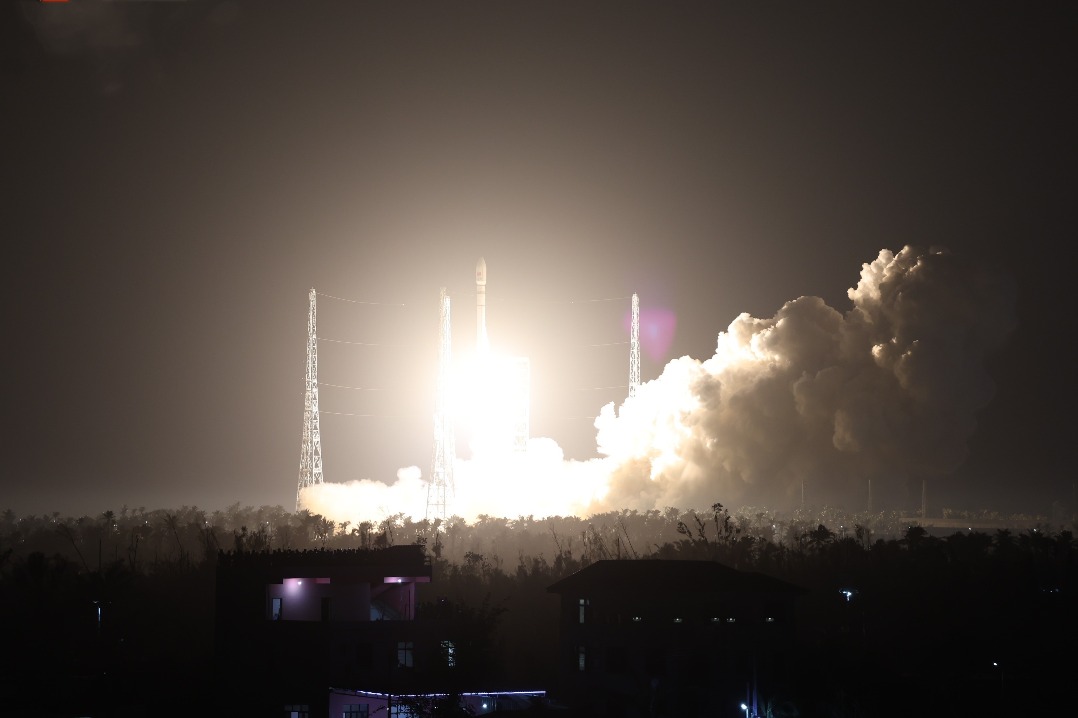Unmasking the real aim of US sanctions against China

Irreversible development

It is time for the US to recognize that China's technological development is irreversible, and that the appropriate goal for policy is to put rules and laws in place so that both sides can invest and benefit from their own technology, he said.
"We're not doing that today. We're not building institutions for economic cooperation. We're not building laws and rules with the Chinese side. We're just hitting with sanctions. And I think ultimately that policy will fail."
Sourabh Gupta, senior fellow at the Institute for China-American Studies in Washington, said, "The (Joe) Biden administration says that it is doing all these technology denials and controls from a purely national security and military perspective, but that is not entirely true."
True purpose
The purpose is to deny China's access to high technologies, many of which have commercial applications, or have only commercial applications or have dual-use applications, he said.
"And the technological rise has both a military dimension and a civilian dimension."
The US aims to capture a larger range of sectors and technologies that will not aid China's technological rise and growth, Gupta said.
"And most of those are in commercial areas."
The US export controls are like a "reverse CFIUS", he said.
CFIUS, the Committee on Foreign Investment in the United States, is "an interagency committee authorized to review certain transactions involving foreign investment in the United States and certain real estate transactions by foreign persons, in order to determine the effect of such transactions on the national security of the United States", says the website of the US Treasury, which oversees CFIUS.
CFIUS includes representatives of 16 US departments and agencies, including Defense, State, Commerce and Homeland Security. Certain White House offices observe and take part, if needed.
"The United States government is making rules with regard to outbound investment … there's hardly been any measure (in US history) along these lines, ever," Gupta said.























